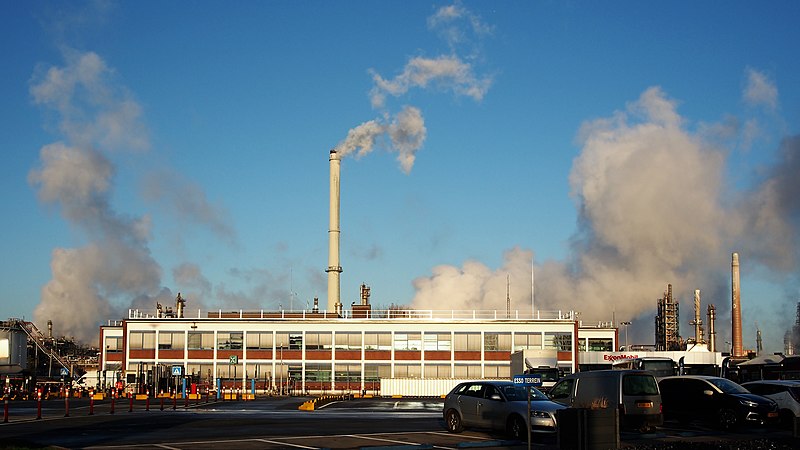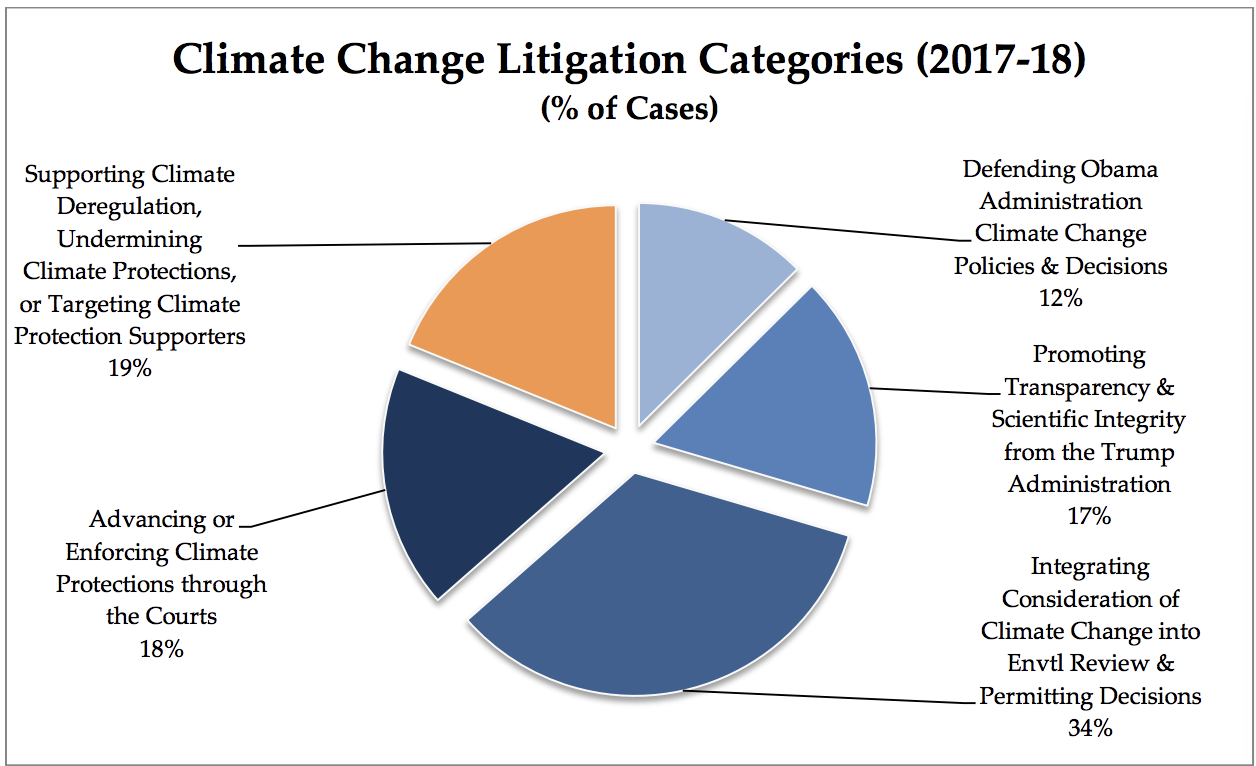Today, the Sabin Center filed an amicus brief on behalf of local governments in support of state and environmental petitioners in California v. EPA, the lawsuit challenging the Environmental Protection Agency (EPA)’s revised determination on the appropriateness of the greenhouse gas emission and fuel economy standards for light-duty vehicles (commonly referred to as the “clean car standards”).
The clean car standards established under the previous administration are the most important federal measure currently in place to control greenhouse gas (GHG) emissions in the United States. The EPA decision at issue in this case triggered a new rulemaking process which has culminated in a proposal to weaken the standards. States, cities, and environmental groups have filed lawsuits challenging that decision in the D.C. Circuit Court of Appeals.
The local government amicus brief highlights the importance of the clean car standards to cities and counties across the country and provides a local government perspective on why EPA’s decision is unlawful. In particular, members of the local government coalition emphasize the fact that EPA issued its decision without providing adequate opportunities for public engagement – thus excluding local governments from what was supposed to be an open and transparent process – and that EPA has reached erroneous conclusions about the feasibility of meeting the existing standards.
Signatories to the brief include the U.S. Conference of Mayors (USCM); the National League of Cities (NLC); the City of New York, NY; Los Angeles, CA; Chicago, IL; King County, WA; Santa Clara County, CA; San Francisco, CA; Baltimore, MD; Oakland, CA; Minneapolis, MN; Boulder County, CO; Pittsburgh, PA; Ann Arbor, MI; West Palm Beach, FL; Santa Monica, CA; Coral Gables, FL; and Clarkston, GA. This coalition of local governments is representative of the diverse communities affected by the proposed roll back of the clean car standards, and the participating cities and counties are home to more than 22 million people located across the United States.




